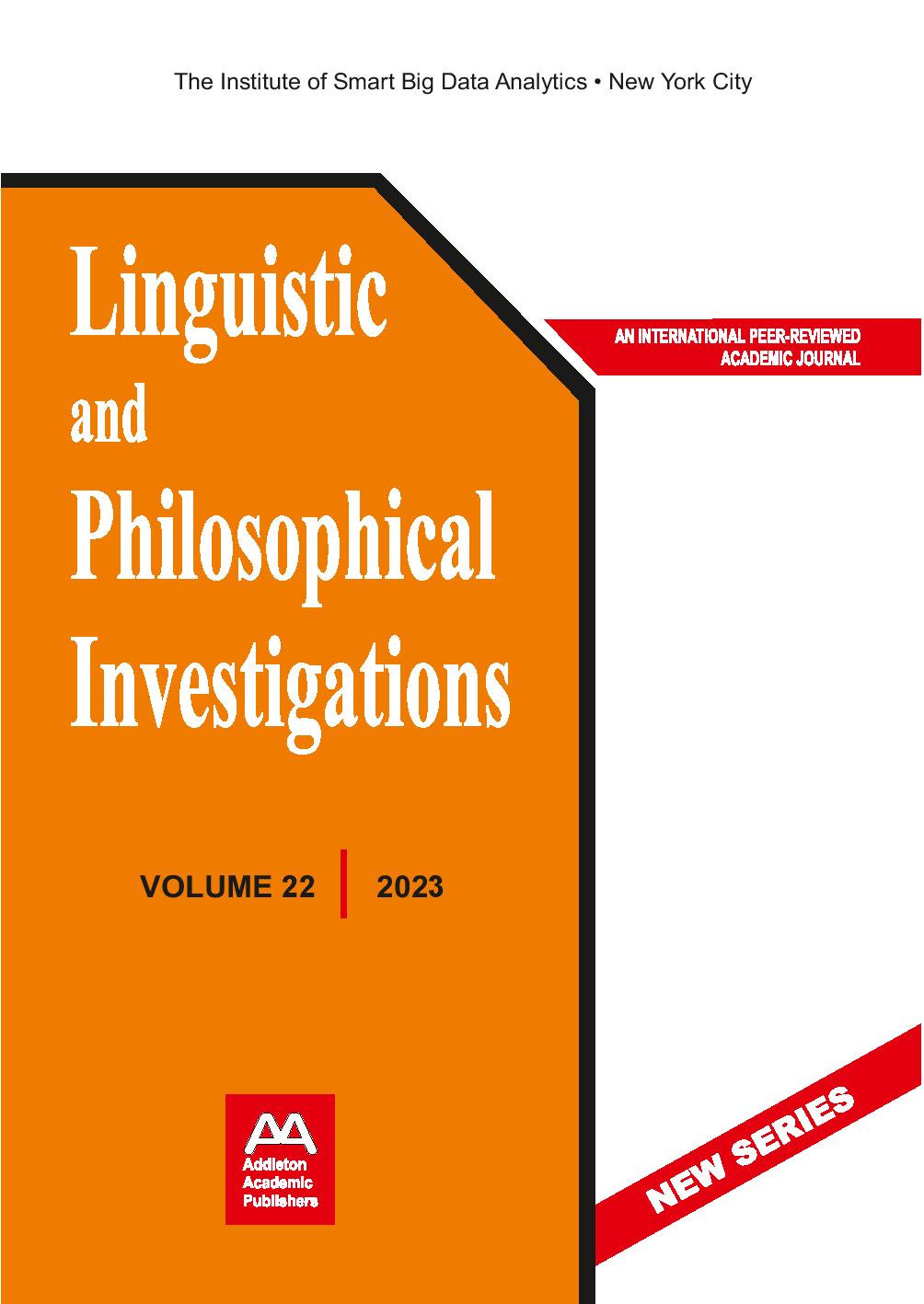Immersive Engagement and Geospatial Mapping Technologies, Deep Learning and Neural Network Algorithms, and Visual Perception and Data Mining Tools in Metaverse Interactive and Extended Reality Environments
Immersive Engagement and Geospatial Mapping Technologies, Deep Learning and Neural Network Algorithms, and Visual Perception and Data Mining Tools in Metaverse Interactive and Extended Reality Environments
Author(s): Marián Grupač, Stefan Machcinik, Andreea-Elena NegoianuSubject(s): Evaluation research, Management and complex organizations, ICT Information and Communications Technologies
Published by: Addleton Academic Publishers
Keywords: immersive engagement and geospatial mapping technologies; deep learning and neural network algorithms; visual perception and data mining tools; metaverse;
Summary/Abstract: The purpose of this study is to examine object recognition and geolocation data processing algorithms, visual and spatial intelligence tools, and metaverse and immersive technologies. In this article, we cumulate previous research findings indicating that visual imagery and deep learning-based ambient sound processing tools, cloud computing and 3D immersive virtual reality technologies, and predictive modeling and machine vision algorithms assist immersive photorealistic virtual spaces. Throughout January 2023, we performed a quantitative literature review of the Web of Science, Scopus, and ProQuest databases, with search terms including “metaverse interactive and extended reality environments” + “immersive engagement and geospatial mapping technologies,” “deep learning and neural network algorithms,” and “visual perception and data mining tools.” As we inspected research published between 2022 and 2023, only 166 articles satisfied the eligibility criteria. By removing controversial findings, outcomes unsubstantiated by replication, too imprecise material, or having similar titles, we decided upon 31, generally empirical, sources. Data visualization tools: Dimensions (bibliometric mapping) and VOSviewer (layout algorithms). Reporting quality assessment tool: PRISMA. Methodological quality assessment tools include: AXIS, Dedoose, MMAT, and SRDR.
Journal: Linguistic and Philosophical Investigations
- Issue Year: 2023
- Issue No: 22
- Page Range: 196-212
- Page Count: 17
- Language: English
- Content File-PDF

